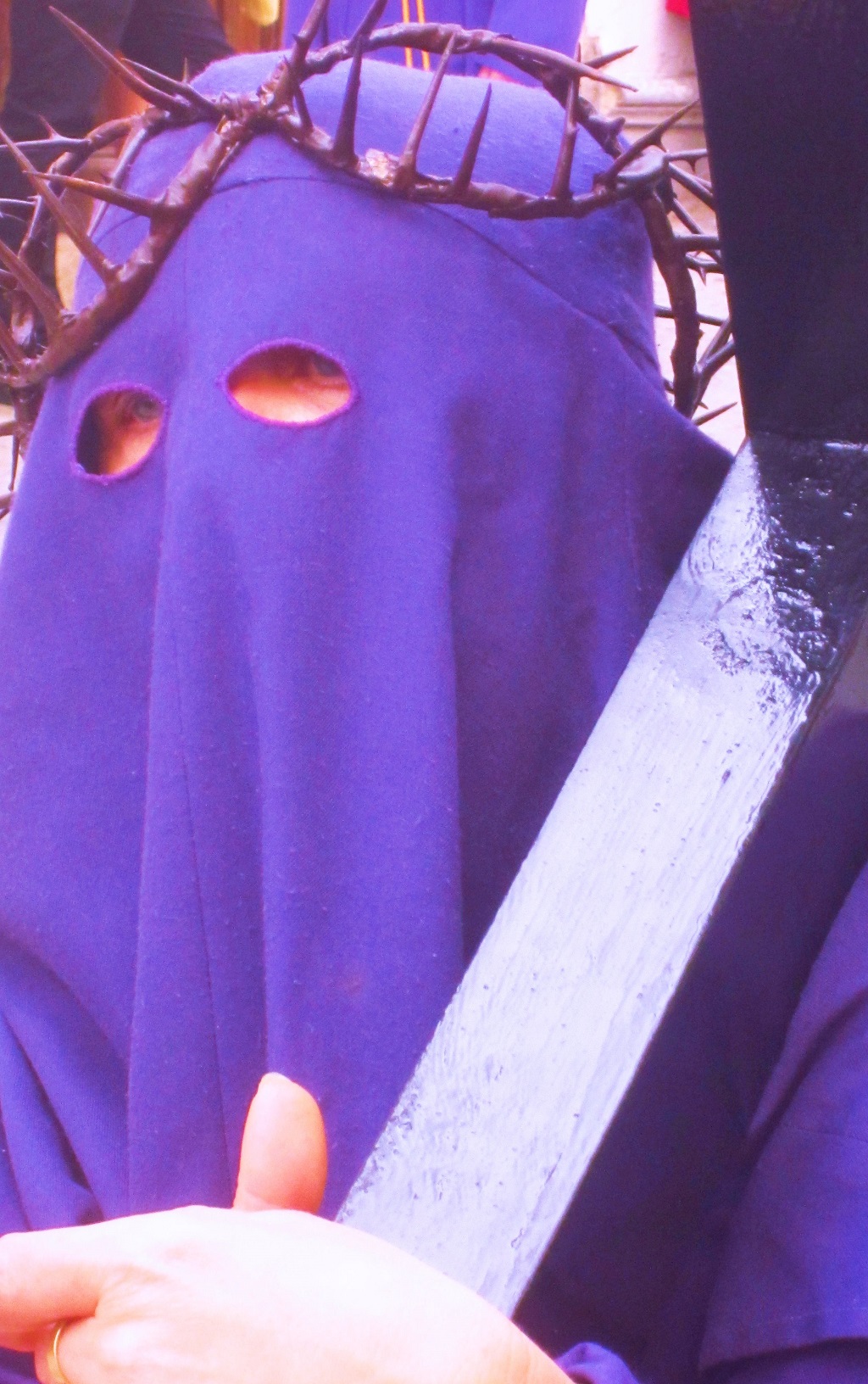Fiestas
Spain is the land of fiestas or festivals. In every single city, town and village there is a festival of some kind that brings local people together in the streets partying day and night. Many fiestas are held across Andalucia during the holiday month of August. The most internationally renowned fiestas are the bull-running of Pamplona, the fireworks of Las Fallas in Valencia, the mock battles of Moros y Cristianos in Alcoy and Semana Santa in all of Andalucia.
Semana Santa or Holy Week has evolved over centuries into the amazing spectacle it is today. The starting point for its extensive history is the death of Christ from which it takes its subject. A significant point in the history of the Semana Santa is 1521 when the Marqués de Tarifa returned to Spain from a visit to the Holy Land. After his journey, he institutionalised the Via Crucis (Stations of the Cross) in Spain and since then this holy event is celebrated with a procession. Over time, the observance of the Via Crucis eventually broke up into the various scenes of the Passion with the incorporation of portable crosses and altars which led to today's elaborate processions.
In Andalucia, during Easter week the fiesta of Semana Santa transforms towns and cities across the region. Processions of elaborately decorated floats with effigies of Jesus and the Virgin Mary followed by groups of pointy-hood wearing Nazarenos (penitents) and shrill brass bands walk slowly through the streets from their parish church to the cathedral and back. It is an amazing experience and a great time to come to Andalucia to view these deeply-held traditions that have much to do with social groupings and rituals in addition to religion. You will never see anything quite like it again.
You don't have to be in a big city to take in the Semana Santa atmosphere. Villages and towns of every size have their own celebrations and each province offers its own variation on the Holy Week theme. Towns near to La Atalaya such as Alcala la Real, Priego de Cordoba and Granada all stage their own interpretations of Semana Santa.
